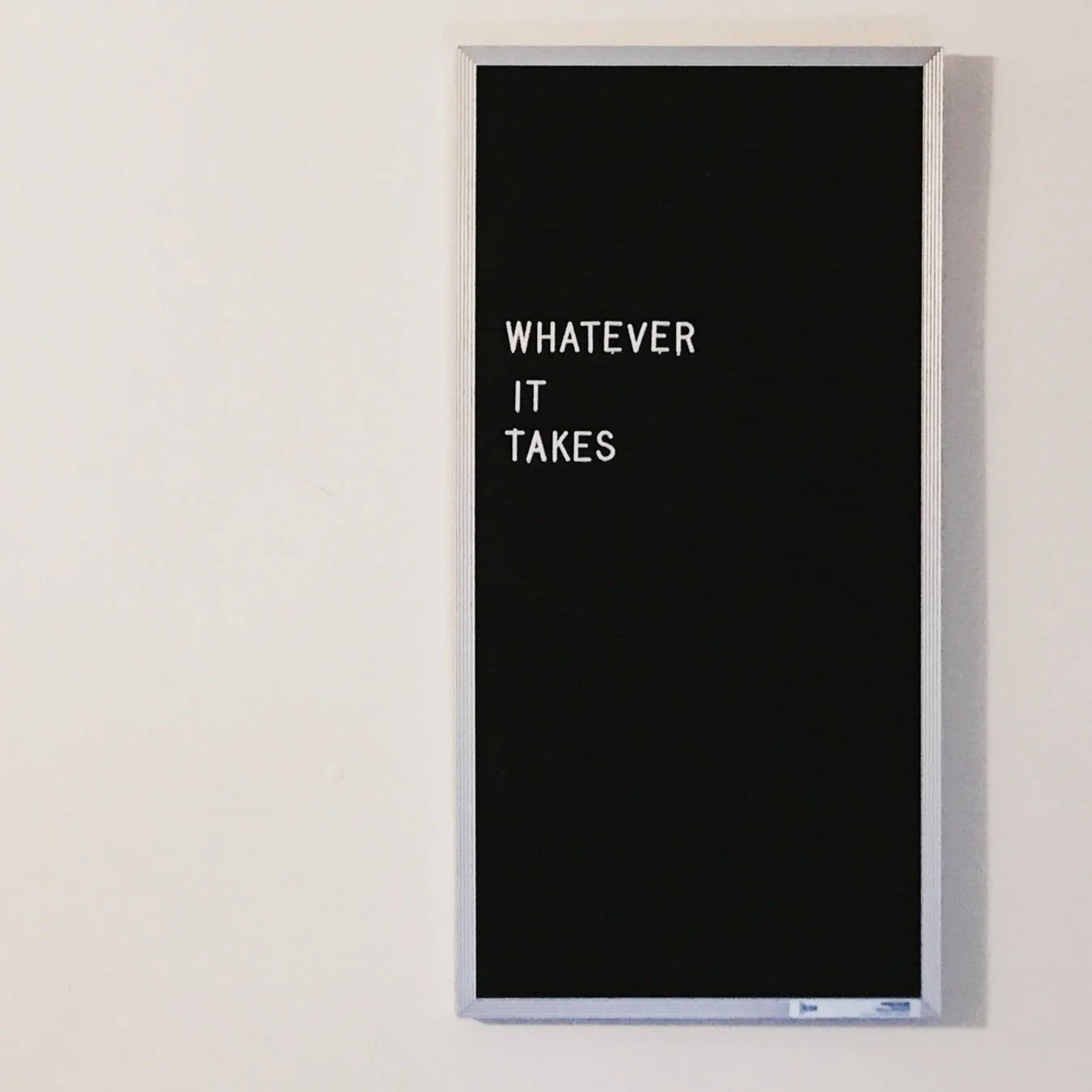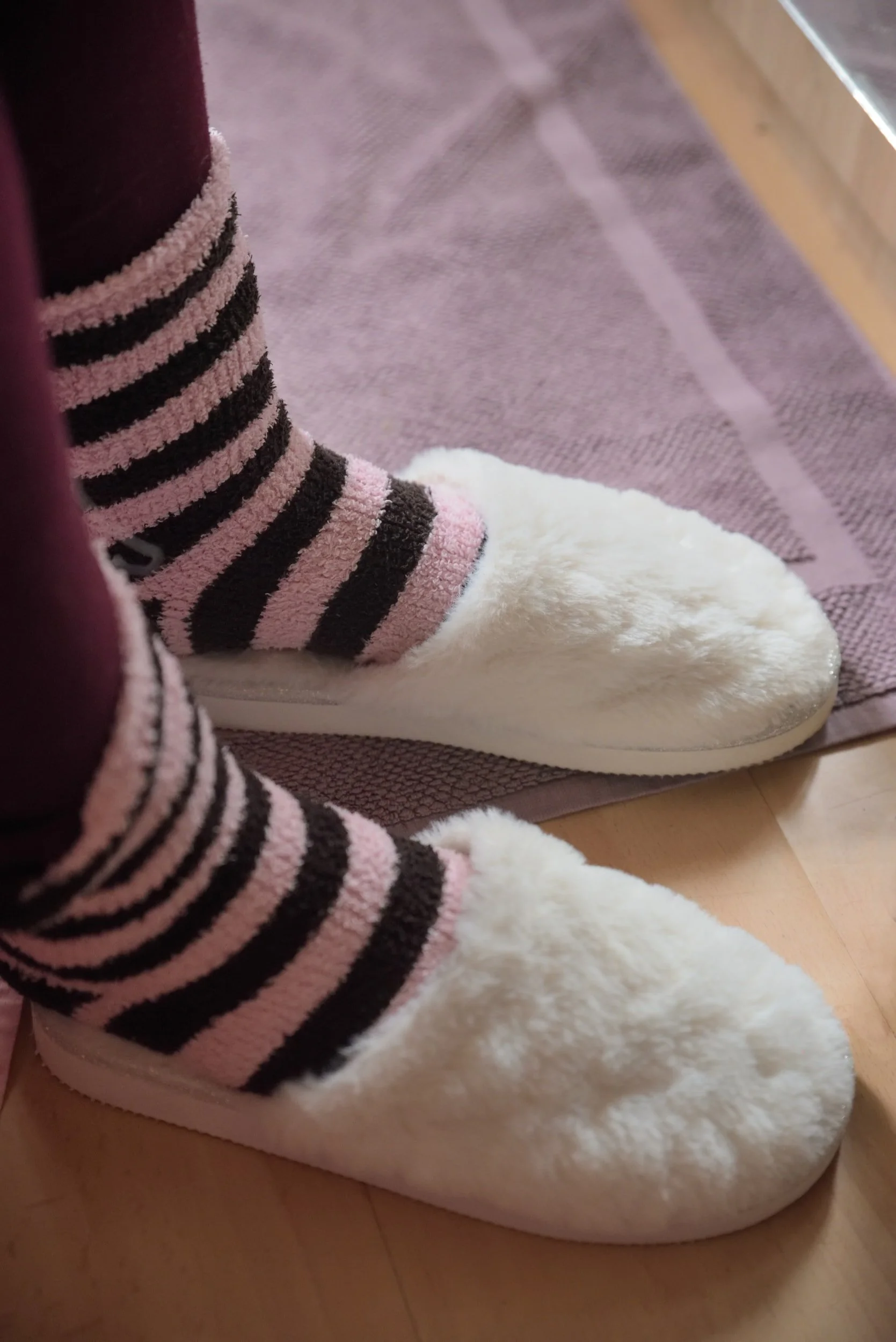The recent federal election result has delivered a loud and clear message across the country that we want our political leaders to commit to policies that enable equality, fairness, and compassion. That needs to extend to our children and young people, including appropriate support in educational settings. Shorna Moore of Melbourne City Mission (MCM) and Sally Lasslett of MCM and Hester Hornbrook Academy (@MelbCityMission) explain how the incoming federal government can enact simple policy changes to support all students back to the classroom after concerning data shows that a growing number of vulnerable young people have disengaged from their education following the pandemic.
Read MoreThe Fair Work Commission has stipulated that all employees are entitled to up to 5 unpaid family violence leave days per year. This is a critically important step that increases both the safety and the financial security of victim/survivors. However, effectively communicating those policies, particularly to a diverse work force, can be challenging. In today’s post, Hannan Amin of Good Shepherd Australia New Zealand (@GoodAdvocacy) provides important guidelines for ensuring employees can understand their leave entitlements when experiencing family violence. This analysis was originally published by the Community Services Industry Alliance and can be read in its original form here.
Read MoreIn this post, Jay Coonan discusses major changes to Australia’s employment services system coming on 1 July 2022, what those changes mean for people caught in the system, and why unemployed people should be at the table when policy is designed. Jay is an operations co-coordinator at the Antipoverty Centre and JobSeeker recipient. Before establishing the Antipoverty Centre with others who rely on welfare to live, he was a policy officer for the Australian Unemployed Workers’ Union.
Read MoreThis week, the Antipoverty Centre (@antipovertycent) is highlighting people’s personal experiences of social policy. In today’s article, Sophi talks about how the system of Job Service Providers and mutual obligations robs people of their autonomy and dignity, and calls for solidarity among unemployed workers to support each other and secure their rights. Sophi is a disabled nonbinary person based in Victoria, with over a decade of experience dealing with JSPs.
Read MoreSingle mothers have been consistently the most poverty-stricken household type for years, and the last Labor government infamously moved thousands onto the (then) NewStart Allowance. With the recent federal election outcome, Terese Edwards (@Terese_NCSMC) of the National Council for Single Mothers and Their Children shares an open letter to Anthony Albanese, who was himself raised by a single mother in difficult financial circumstances. Her letter is interspersed with the messages from single mothers to the new Prime Minister.
Read MoreThis week's posts are sourced and moderated by the Antipoverty Centre (@antipovertycent). As Australia’s new federal government swings into action following the election on 21 May, we're highlighting people’s lived experiences of social policy to drive reform. Today's article by Melissa Fisher addresses two important questions. Does poverty really make you a better person or build resilience? Or is this something we tell ourselves so we can ignore the damage that's being done? Melissa is an Adelaide based artist relying on income support through JobSeeker due to disability.
Read MoreIn today’s post, Sulagna Basu (@sulagna_basu) and Briony Lipton (@briony_lipton) discuss the findings of their recent research into work attire and conceptions of professionalism, highlighting the minefield women negotiate on a daily basis.
Read MoreThe 2022 election results were driven by women looking for real change on the issues that matter to them. In today’s analysis, Kathy MacDermott & Helen Hodgson, of the National Foundation for Australian Women (@NFAWomen), provide a prioritised list of actions that women should advocate for from the new Labor-led government.
Read MoreWomen were the driving force behind the federal election outcome, which sent a reprimand to the major parties and is set to significantly increase the diversity of Parliament, including a higher number of women. What does the electorate want from the new government? In today’s analysis, five of the women’s peak organisations – the Equality Rights Alliance (@ERAAustralia), Women With Disabilities Australia (@WWDA_AU), the National Rural Women’s Coalition (@NRWNetwork), Harmony Alliance (@Aus_Harmony), and the National Women’s Safety Alliance (@NWSAAU) – come together to provide input on key priorities for Australian women. These are five of the six National Women’s Alliances, funded by the Commonwealth Government’s Office for Women.
Read MoreWomen have been the central story of the 2022 federal election. In today’s analysis, Jessica Lane of Women for Australia (@Women4Aus) provides a breakdown of the election results and what lessons can be drawn from the outcome. Women for Australia supports progressive women to run for political office.
Read MoreWhile women have made great strides in male-dominated industries, representation is seldom adequate to shift organisational culture, particularly in highly masculinised industries. In today’s analysis, Kathy Newton (@KathyNewton2208) of Western Sydney University (@WesternSydneyU) shares her findings in how female police officers experience three policies designed to improve gender parity: the provision of breastfeeding rooms, flexible or part-time work options, and gender quotas. This analysis is drawn from a recently-published article.
Read MoreResearch findings show that young Australians want to see increased investment in the care and support sectors, and policymakers should be paying attention.
Read MoreOur care industries are vital to a healthy, functioning economy. In today’s analysis, Kristine Ziwica (@KZiwica), a journalist with 20 years experience working in Australia, the United States and the UK on human rights and gender equality campaigns, argues that we need to invest in our people and place care at the centre of the Australian economy.
Read MoreGender equality and the treatment of women have been persistent political and policy issues throughout the 46th Australian Parliament. In today’s analysis, Associate Professor of International Relations Katrina Lee-Koo (@KateLeeKoo), from Monash University (@MonashUni), explores how gender equality and the treatment of women are likely to shape the vote at Saturday’s election.
Read MoreJust days away from the Federal election, all candidates are campaigning hard. Unfortunately there are gaps in the policies on the table; a big one is the lack of focus on the social safety net and whether it is actually supporting people out of poverty. In today’s analysis, Juanita McLaren (@defrostedlady) shares just how quickly a well-managed budget can be undone, in part by changes to policies in other silos that don’t consider the constrictive budget many families need to live on.
Read MoreThe recently-negotiated pact between the Solomon Islands and China has been a high-profile point of contention in the lead-up to the Federal election. Much of the debate has been focused on what Australia did - or did not do - that has led to the Solomon Islands turning to China. In today’s analysis, Joanna Pradela (@JojoMaia) of the International Women’s Development Agency (@IWDA and @Equal_Insights) applies a feminist lens to consider how Australia could learn to be a better partner to its Pacific neighbours. This piece originally appeared in The Interpreter, published by The Lowy Institute (@LowyInstitute), and is republished with permission. You can view the article in its original format here.
Read MoreA diversity of perspectives, particularly from those with lived experiences of poverty and socio-economic disadvantage, is critical to strengthening public health research, policy and practice. In today’s analysis, Joelie Mandzufas (@jmzuf7) PhD candidate at Telethon Kids Institute (@telethonkids) at The University of Western Australia (@uwanews) highlights the need for complex social problems to be addressed ‘from the inside out’.
Read MoreOne answer may be found closer to home than we think – in supporting parents. In today’s analysis, Life Course Centre (@lifecourseAust) researcher Dr Carys Chainey (@CarysChainey) from The University of Queensland (@UQ_News) discusses policy responses to her research into the power of evidence-based parenting supports in helping young people to thrive after adversity and to think and act towards the future.
Read MoreExamining, and supporting, women’s financial wellbeing at a single point in time will never fully capture, nor compensate for, the effects that experiences of violence have on their lives. Life Course Centre (@lifecourseAust) researchers Dr Alice Campbell (@ColtonCambo), Professor Janeen Baxter (@JaneenBaxter7) and Dr Ella Kuskoff (@EllaKuskoff) from The University of Queensland (@UQ_News) are investigating how violence and multidimensional disadvantage intersects and accumulates for women over the life course.
Read MoreCommunities of colour have campaigned and organised our way out of becoming an election wedge. Marcella Brassett from Democracy in Colour explains how community organising has built the power and network of people of colour in Australia to self determine their own issues and solutions, to ensure racist vilification is not at the centre of election campaigning as it has been in the past.
Read More




















